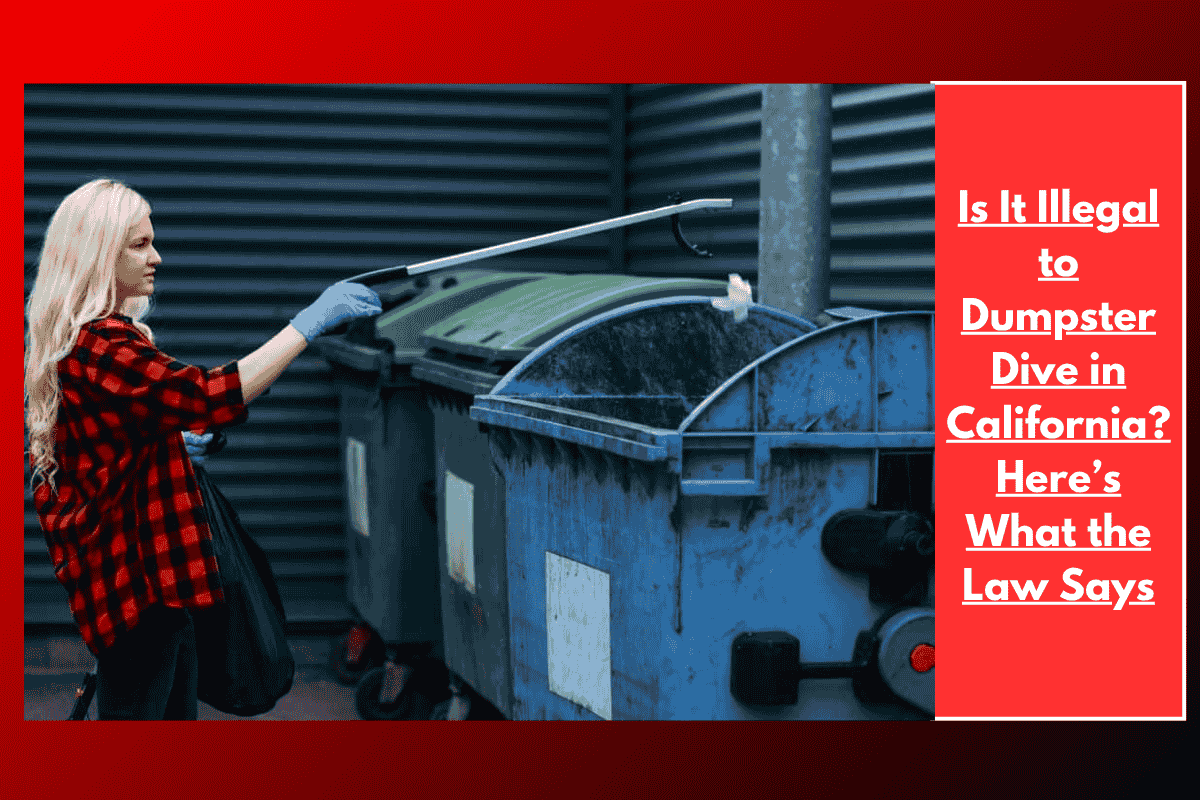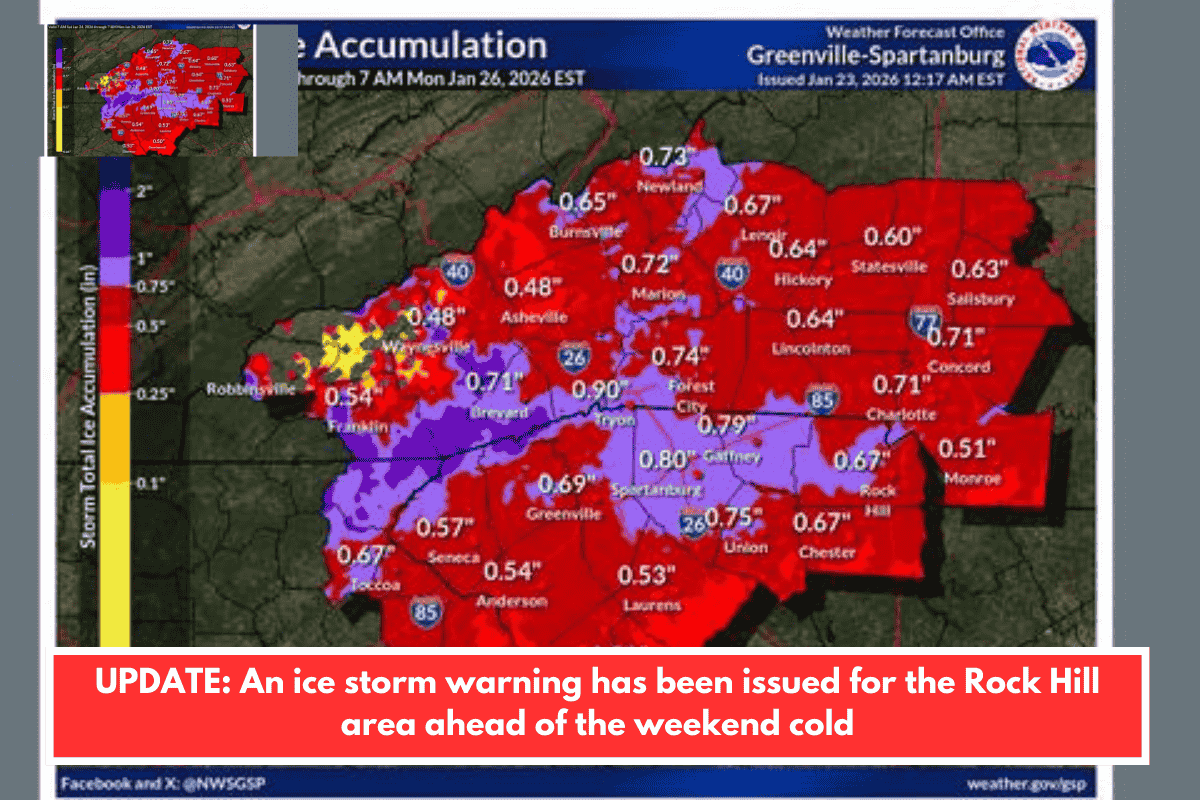Dumpster diving, the act of searching through commercial or residential waste containers for discarded items, is a practice that has become increasingly popular in certain circles. Whether it’s to find food, furniture, or other reusable items, dumpster diving raises a key question: Is it legal? In California, the rules surrounding this practice can be a bit complex, depending on where you are and the specifics of your actions.
What Does California Law Say About Dumpster Diving?
In California, dumpster diving itself is not specifically prohibited by state law. However, it does intersect with other laws that make it more complicated, particularly regarding theft, trespassing, and waste disposal.
1. Trespassing Laws
One of the key legal concerns about dumpster diving in California is whether you’re on private or public property. If you enter someone’s private property, such as behind a gated business or in a residential area, trespassing laws may apply. California Penal Code Section 602 defines trespassing as unlawfully entering or remaining on private property without permission.
If you’re diving on private property without authorization, you could be subject to trespassing charges. However, if the dumpster is located in an area that’s accessible to the public, like a commercial parking lot or behind a store, then the risk of trespassing charges is lower.
2. Theft and Larceny
Another legal issue that can come into play is theft. If the items in the dumpster are clearly marked as “property of” a specific entity, or if it’s clear that the items are meant to be disposed of and not taken, removing items could be seen as theft under California Penal Code Section 484. This law criminalizes the taking of someone else’s property without permission, regardless of its value.
It’s important to note that even though someone might throw away an item, it doesn’t mean that it’s considered abandoned. The person or business that owns the dumpster may still have a legal claim to those items, which could lead to potential theft charges.
3. Local Ordinances
In addition to state laws, many California cities and counties have local ordinances that restrict dumpster diving. These ordinances may include rules about waste disposal, littering, or even sanitation. Some cities may have public health regulations that prohibit taking food from dumpsters for safety and hygiene reasons. For example, in Los Angeles and San Francisco, certain regulations may restrict people from scavenging through trash bins due to concerns over contamination and the safety of consuming discarded food.
For example, in San Francisco, health codes prevent people from removing items from commercial dumpsters or trash bins due to the potential risks of contamination, including foodborne illnesses.
4. Waste Management and Dumpsters
Another aspect of California law that impacts dumpster diving is related to the ownership of the dumpster. In California, businesses or property owners often have contracts with waste management companies. As such, the contents of the dumpsters are considered private property of the waste management company, not the public. Even if an item is in a dumpster, it might be considered company property until it is taken to a landfill or recycling center, which could lead to legal issues if you remove it without permission.
When Is Dumpster Diving Legal in California?
While dumpster diving is a gray area, there are scenarios in which it could be legal:
Public Property: If the dumpster is located in a public place and there are no signs or regulations forbidding it, dumpster diving is likely legal.
Abandoned Items: If items have been discarded and are clearly abandoned, it may be lawful to take them, but it depends on local ordinances and whether the items were thrown out in a way that makes them publicly accessible.
Food Recovery Programs: In some cases, programs that legally recover edible food from dumpsters and donate it to food banks or other charitable organizations are protected under certain California laws.
Risks of Dumpster Diving
Even though dumpster diving isn’t universally illegal, there are risks involved. These include:
Health Risks: If you’re retrieving food, there’s always a risk of contamination or disease.
Legal Consequences: Trespassing, theft, and violation of local laws can lead to fines, citations, or arrests.
Property Damage: Dumpster diving can sometimes result in damage to property, leading to legal claims from the property owner.
In California, dumpster diving itself isn’t outright illegal, but it can intersect with laws regarding trespassing, theft, and public health. The legality largely depends on the location of the dumpster, ownership of the items, and any local regulations that might apply. It’s always a good idea to check local laws before diving into someone else’s trash to avoid legal trouble.
SOURCES
[1] https://sirixmonitoring.com/blog/is-dumpster-diving-legal-in-california/
[2] https://www.lawlegalhub.com/is-it-illegal-to-dumpster-dive-in-california/
[3] https://www.theenvironmentalblog.org/2025/04/is-dumpster-diving-legal/
[4] https://www.findlaw.com/injury/torts-and-personal-injuries/dumpster-diving.html
[5] https://www.reddit.com/r/DumpsterDiving/comments/181ypwe/california_dumpster_diving_rules/














